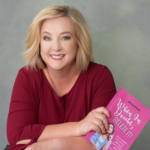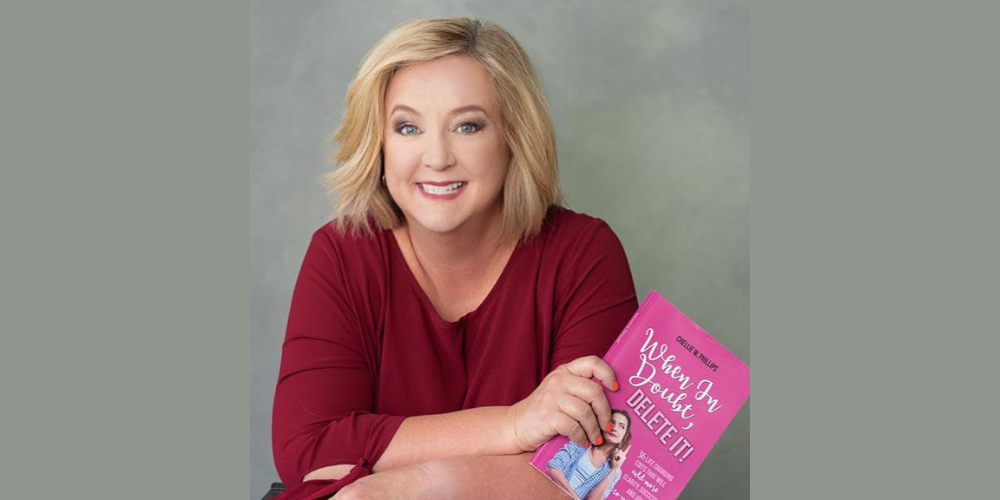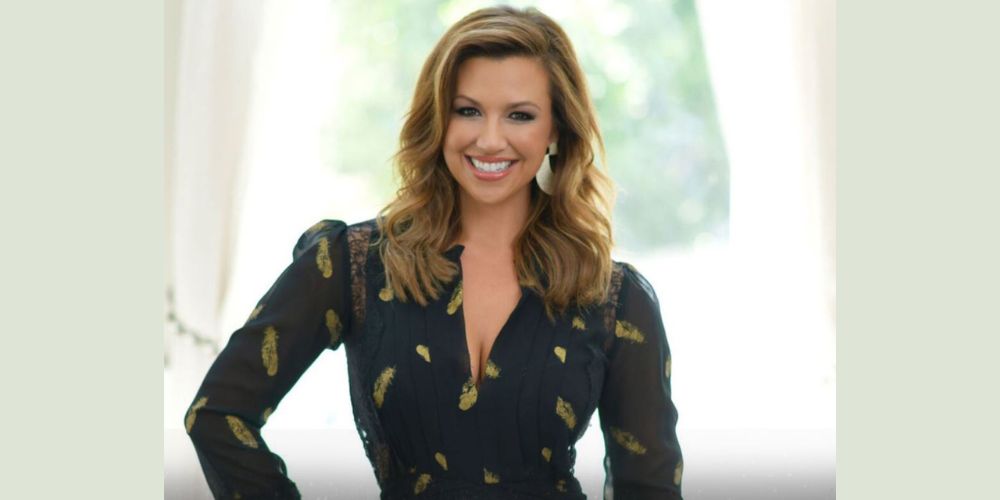Raj Girn: This week’s media and communications theme show where I’ll be deep-diving why writing doesn’t make you an authority. Now I know that I will get my ass kicked for making a statement like that without actually justifying what I’m talking about. So in order to do that justice to help me get it right, please welcome to the show Marissa Eigenbrood, who is the senior vice president of Smith Publicity, headquartered in New Jersey.
Here is Part Two of our conversation:
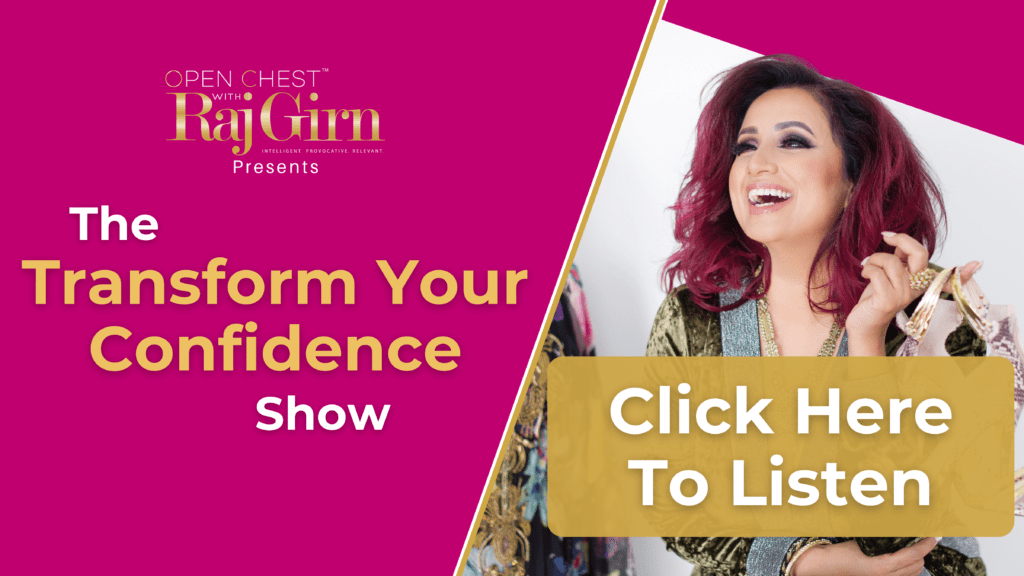
Raj Girn: There are so many ways to publish today, more than we’ve ever had, from traditional to hybrid to self-publishing. Can you share the need to knows about the difference between each so that a person does have the opportunity to make the decision, which oftentimes isn’t the case because everybody feels the need to go to traditional just because it has the longest legs? But it doesn’t mean that it’s the only opportunity, or even if it’s the right opportunity. I feel like I’d like to shed some light on that traditional hybrid self-publishing. What do they need to know, Marissa?
Marissa Eigenbrood: Yeah. I think one of the key pieces of the differences between the three is timeline. So how fast does your book need to come to market? If you have a book about returning to the workplace after COVID I probably wouldn’t go the traditional route because your book is going to come out a year and a half to two years from now, and you’ll be well behind that trend by that time.
That’s the timing that we have to think about. So, around your subject matter how fast you feel like your book needs to come out. Because self-publishing is going to give you the most control over that timeline. You still want to give yourself enough time, of course, to plan to be in marketing initiatives. But when we’re thinking about traditional publishing, you know you’re going to go through the path of probably working to acquire a literary agent first and then they’re going to be pitching you to publishers.
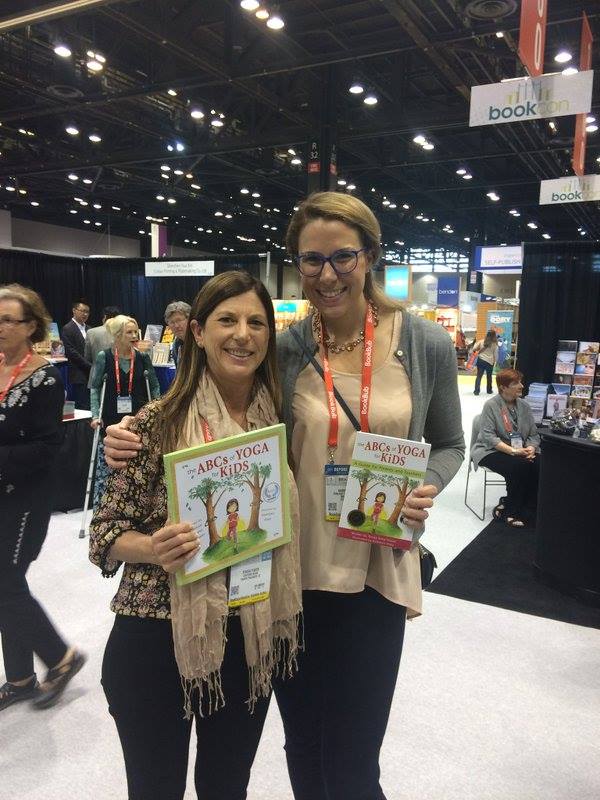
Credit: FB@SmithPublicity
And then you’ve got the whole process of actually working with the publisher, which is likely to be at least a year or two before you’re going to see your book hitting the market. So with hybrid publishing, in terms of the timing there, it really varies greatly based on different hybrid publishers that exist. There are some that can bring a book to market within two months, the shortest period of time, and others that work very similar to traditional models and are closer to a year out from the publication date.
Also, when you’re working with traditional or hybrid publishers, the state of your manuscript also will greatly dictate the timeline too. How far along are you? Do you need a lot of development work on your book or is it in a really good place? Maybe you’re even working with the developmental editor already? And then you can skip ahead a few steps. If you’ve already been doing that in that timeline and taking that into consideration is a really key piece first.
The second element that I would say is how much control you want to maintain over your project. With traditional publishing, you lose the most control. With hybrid publishing, you still gain a lot of back control, as well as a lot of the rights to your intellectual property as well. With a lot of hybrid models. and of course with self-publishing, you maintain all of those rights and all of that control over what’s being communicated there. So keeping that in mind. And I think that also drives really the entrepreneurial spirit too of really the project how much entrepreneurial control you really want to have. How much do you want to be able to kind of dictate certain aspects of the teams involved?
” With traditional publishing, you lose the most control. With hybrid publishing, you still gain a lot of back control, as well as a lot of the rights to your intellectual property as well. With a lot of hybrid models and of course with self-publishing, you maintain all of those rights and all of that control over what’s being communicated there.” ~Marissa Eigenbrood
And that comes certainly you maintain a lot more of that entrepreneurial spirit, I think, with self-publishing or hybrid publishing versus the traditional route.
The last piece of difference I would mention is distribution of the scale support. So with traditional publishing and a lot of hybrids today, there are relationships with distribution channels to actually get the book into certain brick and mortar, where there might be actual sales teams behind it that are pushing the book out to these stores, and that can be really powerful. And again, I love it that the hybrid world has really started to expand those relationships. We’re seeing even more and more of that all the time.
So that’s one piece to keep in mind is that those two channels you’re getting typically more of that distribution of support through most of those with self-publishing and select hybrids as well. There might not be an option for actual brick-and-mortar distribution. I believe the statistics are somewhere in the 70 percent of most books being purchased from Amazon, so it’s so really high. Amazon is king. You know, having it available on Amazon is just the ultimate. It has to be there, of course.
But you know, a lot of our self-published authors will choose to publish through both Amazon and IngramSpark, because IngramSpark will allow opportunities to have someone walk into a Barnes and Noble and if they’d like to purchase the new book then they’re able to order it through the Barnes & Noble store when it’s from IngramSpark too. So that distribution and the sales strategies around that are important to think about and how that’s going to be coordinated around your network. It can be a lot harder to coordinate bulk purchases through self-publishing. So if you expect to really be building a lot of bulk purchases or speaking and seminars and such, a hybrid might be the way to go instead.
A lot of information to consider, guys. And I want to add just one other piece to this, which I’d love for you to elaborate on if you can do that for as Marissa. It’s the whole idea behind people who do self-publish that obviously they’re on the digital platforms who can also purchase placement for their books through various distribution models.
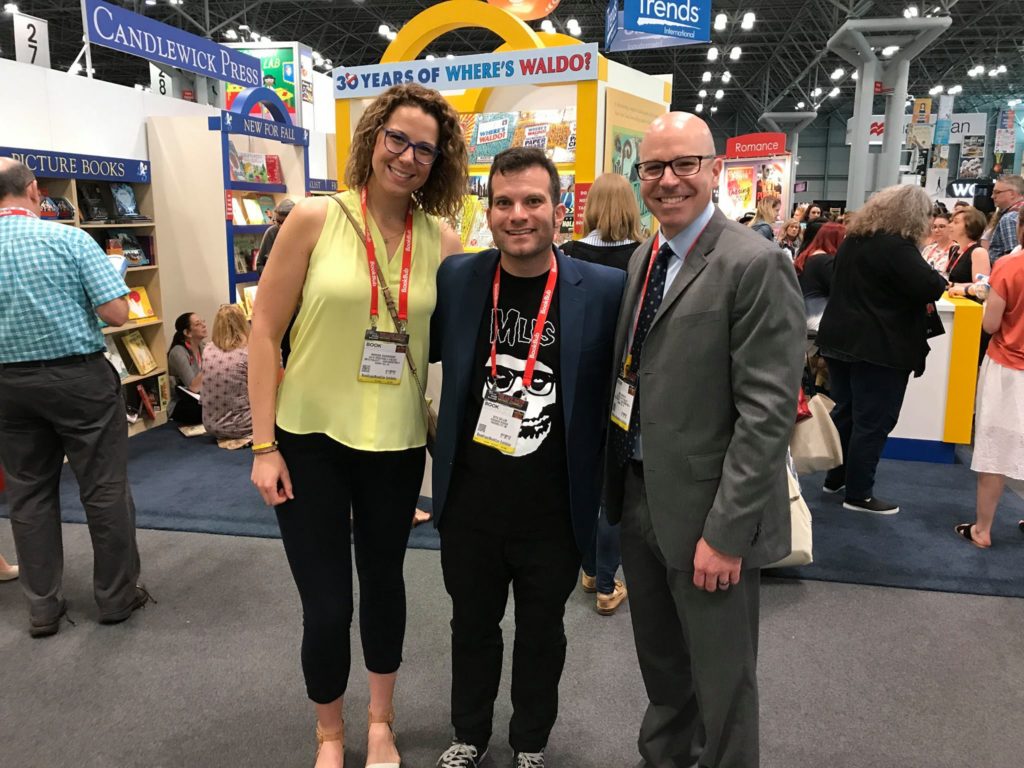
Obviously, we’ve seen them, we’ve seen a lot of them that will do it in Barnes and Noble. They’ll do promo placements also at airports, et cetera. Do you want to kind of add a little bit of explanation around that piece for people?
I think with self-publishing, it’s very rare that you’ll be able to get in with airport bookstores, to get into brick and mortar. There’s a lot with buyback programs and such that kind of exist around that world. I think independent bookstores, they’re a little more open-minded to potentially carrying a self-published book on their shelves.
But when you’re through a lot of traditional or hybrid publishing options, there can be ways in which to add in distribution to some of that other kind of specialty spaces that we think about that can be really impactful for sales. Again, with traditional publishing, there’s going to be even more of that. Those sales strategies going on within those teams with hybrid publishing the option to explore that. Or there’s one hybrid publisher that we work with that has really great relationships with Hudson News and those opportunities.
So there definitely are still ways to get in there. Sometimes, as you said, it comes with extra cost. A lot of the airport and train station bookstores are typically paid for placements type of opportunity in many, which is good to know.
Marissa is getting people to know that.
It’s not a bad thing at all. It’s just knowing. Again, that could be another investment to just keep in mind that might arise during the whole planning process along the way. And so it is a possibility. Again, with self-published, there can be a little bit more limitations around that.
With self-published authors, I find there’s a little bit more pounding the pavement that needs to be done in terms of having your book featured in different physical locations. It’s actually going there yourself, going to an independent bookstore, talking about your book, bringing it with you, sharing it and garnering that interest from the staff within those locations.
“With self-published authors, I find there’s a little bit more pounding the pavement that needs to be done in terms of having your book featured in different physical locations.” ~Marissa Eigenbrood
Absolutely. And I think that some of the gap that I’ve noticed with a number of authors, I know about one of which, you know, Rupi Kaur for example, her first book was self-published, but because she had such a huge communal following, she was able to leverage that to then be able to get her books to go the traditional route. And then also because she got a lot of sales.
So that’s the other piece as well, which you mentioned a little earlier on in our conversation is don’t discount the importance of social media, podcasting, blogging and all these other forms of potential. Go to market strategies because you’re putting all your eggs in the kind of ‘Forbes’ and CNN, etc. bucket but these other mechanisms that fill the gaps help you create community, help you create loyal fans, and that’s very leverageable. Is there anything you want to add to that before we move on, Marissa?
Absolutely. There’s so much power that lies within your network, whether it’s your professional and not just social media network or professional networks you have around you personal networks. When we talk to authors to share goals of bestseller status with us, my immediate reaction is to say: How are you going to engage your networks? Have you thought about the plan to start engaging? What do your networks look like? Do you have an email list? What does that look like? How many people are part of your social media networks, your social media platforms? And what’s the rollout to try to engage them? What incentives might you be providing to say, “Hey, if you buy five copies, you’re going to get access to this workbook? If you buy 50 copies, you’re going to get access to a one-hour webinar with me as an author.”
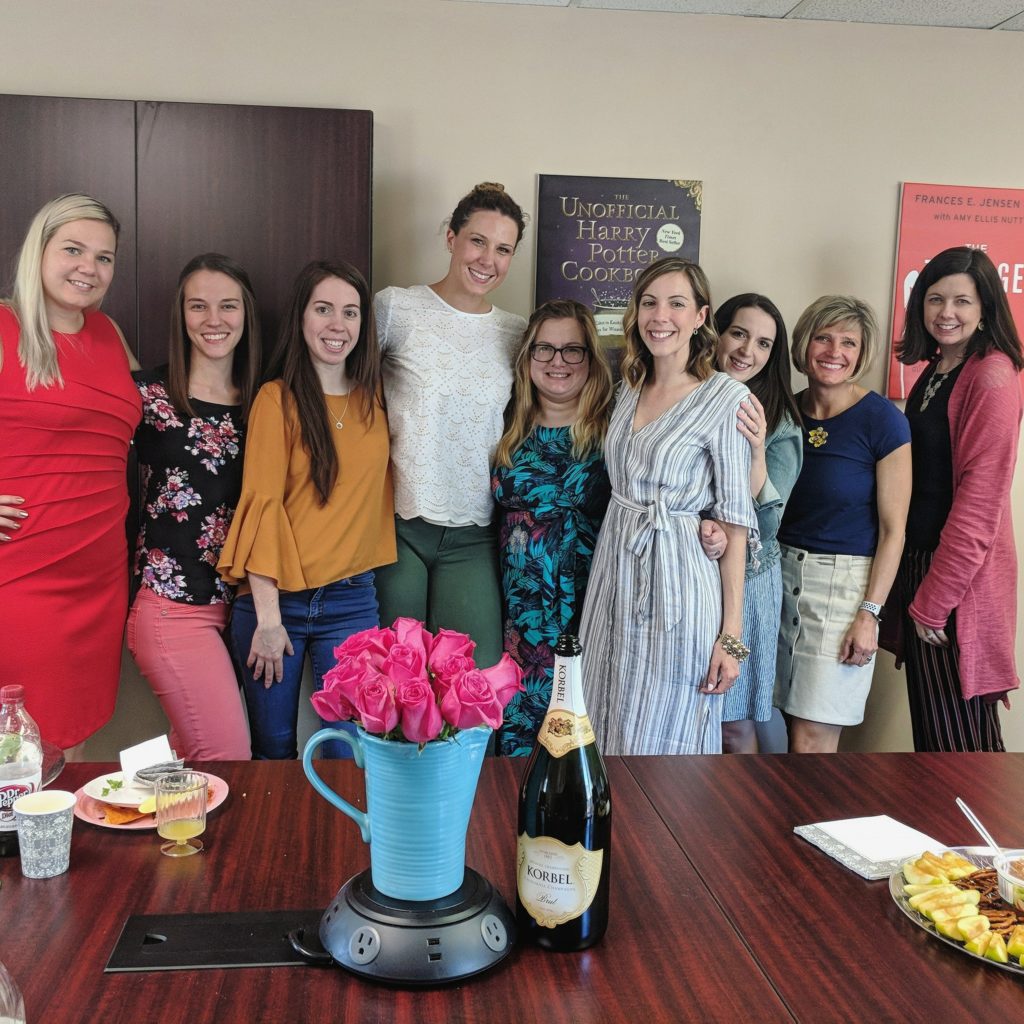
Those are the kind of things that we really need to be thinking about and they really are big drivers in the pre-order stage, especially because in the pre-order stage to muster a well-known name it’s going to take time to build up who you are within the media landscape. And so in the meantime, it’s really important to be tapping into those networks and garnering as much of that support from them as possible through that. So it’s just that space is so important to the longevity of your presence overall too. It’s not just that pre-order stage.
Absolutely. So now that everyone’s gotten schooled, Marissa, let’s just dive a little bit into this whole subject matter of the title. I want to preface that a little bit by saying that throughout my 30 years in entrepreneurship, with 20 of them being in media events and marketing, I’ve seen everything happen. The number one reason that people fail in creating authority around whatever it is they’re looking to accomplish is the fact that they perform incomplete tasks, incomplete actions. A case in point is a subject matter expert writing a book and putting it out there and expecting it to just sell itself.
“The number one reason that people fail in creating authority around whatever it is they’re looking to accomplish is the fact that they perform incomplete tasks, incomplete actions.” ~Raj Girn
Writing a book doesn’t create authority in and by itself. Getting it into people’s hands is what does. For that, you need a go to market strategy that optimally includes owned and shared and paid media. The most cost effective paid media is public relations, which has the sole responsibility to build your authority with earned media across the gamut.
Although many PR firms are now amalgamating efforts for 360 services that expand beyond traditional media. A lot of this Marissa’s already touched upon. So here’s my first question for you, Marissa, regarding this. Let’s help people understand this. My first question for you is: What is authority?
You know, I love that. It’s such an important question, and I love to think about it like, how are you planting your flag somewhere? How are you making your mark? What is that stamp that you’re really leaving in your space? So I think authority is driven, number one, by knowing who your audience is. I’ve had so many authors that have come to me and said their book is for everyone. We say, if your book is for everyone, your book is for no one.
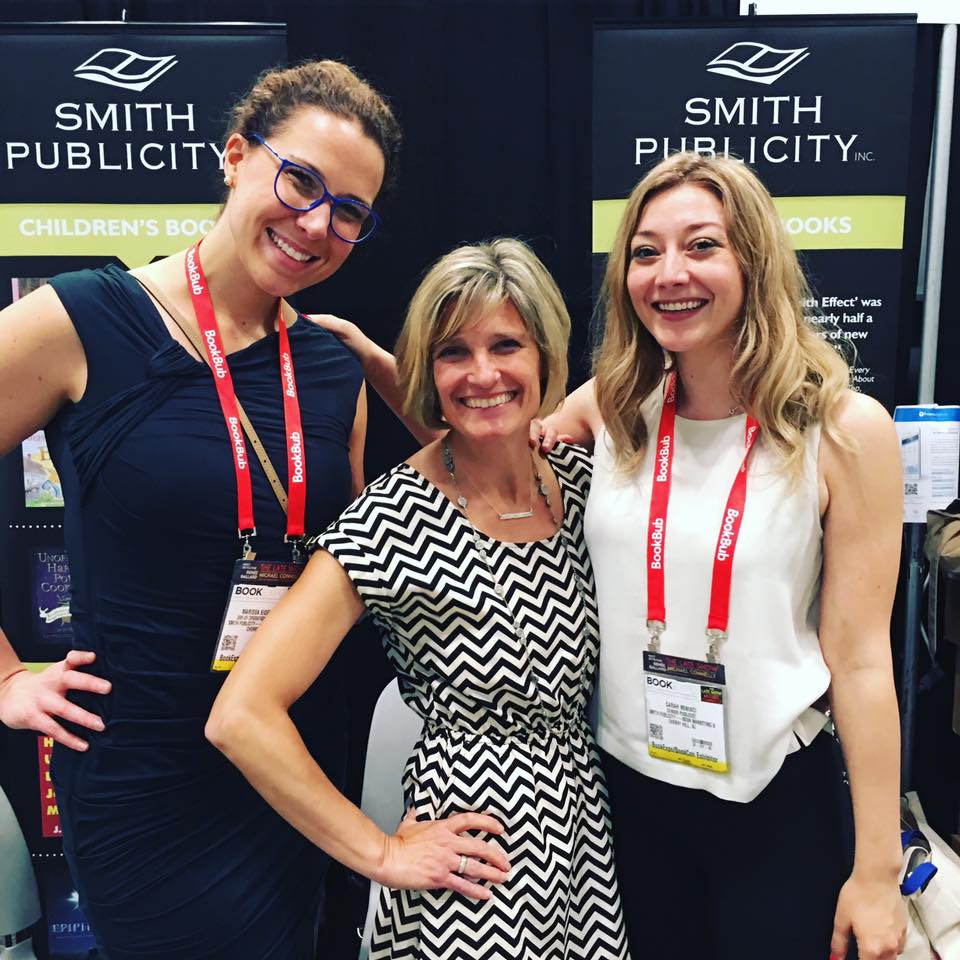
So if you don’t know where you’re going, where you’re targeting, who you’re aiming for with your authority, then you’re not going to really be able to plant that flag in a particular space. And so I think the authority is really driven by who is your target audience and what is that USP? What is that unique selling point that you bring to the conversation? We have worked with so many leadership experts. You name it, and we’ve worked with it in terms of that space. But each one brings in their own unique touch. So leadership, whether it’s accountability, whether it’s authenticity, whether it’s leading through difficult times or crisis, whether it’s leadership through hybrid work styles, each one has had this unique piece to it.
And I think what further drives authority is that those keys connect back to your your experience. I think one of the most difficult conversations I have to have is with someone who comes to us with an idea or with a project, and it doesn’t directly connect to what they have experience in. And so much of authority is driven by those past experiences, and that doesn’t necessarily mean academic or professional. It can be personal experiences, life experiences as well. And there’s a lot of credit and credibility that comes with those, too. And so I really think authority is a combination of those aspects of the audience, those USPs and what’s backing those USPs. Why should someone listen to what you have to say?
“If your book is for everyone, your book is for no one.” ~Marissa Eigenbrood
Right. So powerful. That begs my next question. And you have touched upon this, but I feel that in context of what you just said, I want to ask you this: What’s the benefit of building authority?
It’s building trust. As you want to engage with that target audience, you’re building trust with them through confirming your authority in this particular space. So the more that they see that you’re getting articles placed within media, the more they see that you’re speaking to different audiences through speaking engagements, the more that someone sees that others are accepting what you have to say and wanting to share it the more that trust is growing.
They want to stay, engage with you longer and deeper and in a lot of ways. And it’s so important to establish that authority because you’re establishing that trust with someone that they say, I’m going to listen to what they have to say and potentially implement it into my own life.
Right? Absolutely. So why is PR the best way to build authority?
It’s definitely one of the best, for sure. I always have this thing to say. It’s just the best because man we can’t do what we do without a great brand around someone. We can’t do what we do without those social media platforms being built up along the way and a great one-stop-shop website. But PR is so powerful too, that because all of those other elements that I mentioned, there’s some bias connected to those. Those are all things that the individual has full control over, so they’re able to control what they’re putting out through social media platforms, what goes out through their newsletter, what goes out through their website and how they’re being positioned in that way.
What they don’t have control over is how the media decides to talk about them, how the media decides to shape their messaging. And so I think why PR is so powerful to building authority is that you’re getting back up. You’re getting this outside unbiased perspective and they’re giving you their okay. They’re giving you their sign of approval. And that’s where those brand builders can come in quite a bit. But again, the audience builders too, in terms of different types of media that’s only going to establish you even more and also the reach of your authority to a variety of diverse audiences as well. And so that’s why there’s so much power to PR because you’ve got that outside backing behind what you’re saying.
Absolutely. And this structure and process around how to get what you do or what your unique value proposition is into a language that makes sense to the media. So that’s the other piece, too. Oftentimes I feel a lot of people don’t understand how powerful having a PR partner is. So I want to ask you this: What are the main ways that PR builds authority for authors, just for anyone that still doesn’t quite get the importance of that relationship?
Yeah, I would say in our experience and then really in our campaigns are three primary strategies that we take with building that authority. The first is through our article writing. So how do we further extend the reach of your voice as an authority? How do we show how it applies to different audiences through those articles and that your authority didn’t just stop with the last page of your book and that you’re taking it well beyond that? And what’s great about reading it is going back to the last point you made Raj, is that it’s giving you those soundbites. It’s shaping it in this way that makes it sometimes more digestible and something someone’s able to grab on to and to start to digest it a little bit and get engaged with. Their ears are perked up. “Oh, I like what someone is saying in this article. I like what they’re saying in this podcast interview. I want to take it this next step further.”
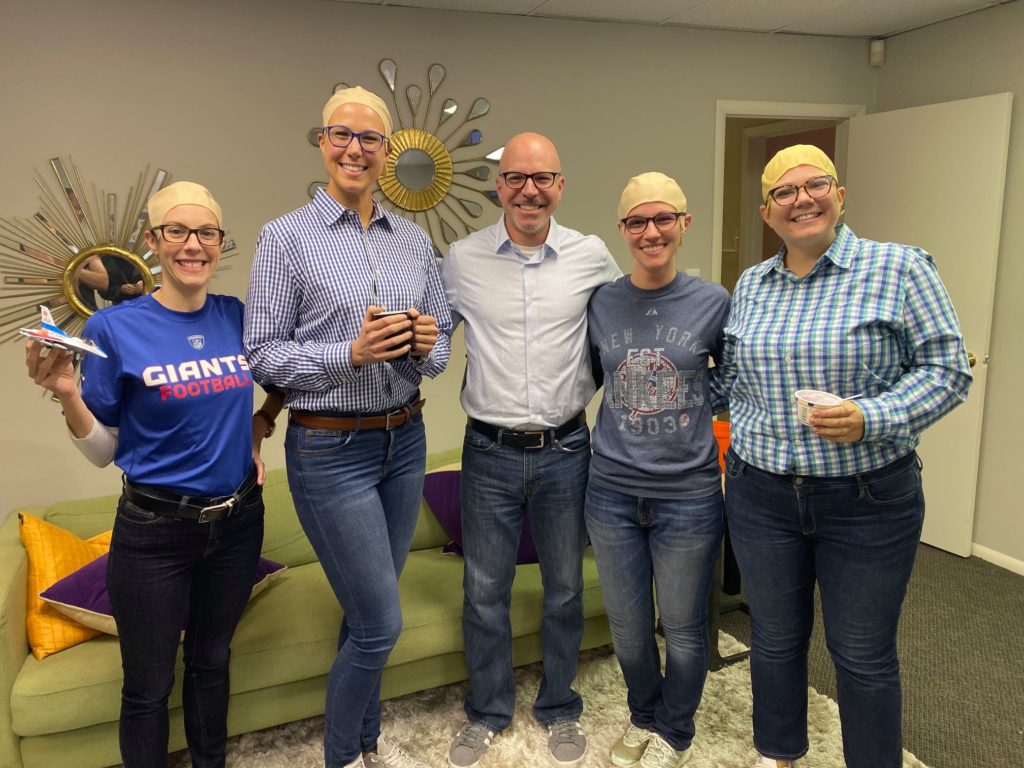
So going back to those strategies, the article writing, whether that’s in the form of byline articles, op-eds. We think about personal essays or reflection pieces too. Those are all so powerful in extending the reach of your voice. And we’ve actually seen that those articles, especially those that are placed online, live for so long that they’re really helping with that discoverability as well and building up your presence. And a lot of decision-makers for speaking opportunities and such will search out someone who is speaking and writing on a certain topic. One of our clients, she’s an expert in emotional intelligence, had two speaking engagements that came from two different articles. One was more of a brand builder. I’d say it was a higher-level opportunity. Another was a really niche placement, but it was a speaking engagement that came from that same industry that the trade journal was geared toward.
And so it’s giving you that opportunity to really shape your messaging and share it in different ways. We also look at the power of our interviews, podcasts in particular because podcasts are really able to drill into that target audience in so many great ways. And they’re also longer lasting than TV or radio. Still focusing on TV and radio, of course, for the brand building where we see that possible, but the podcasts give you a lot more of that time as well. You get to really dive into the content at a deeper level in 30 minutes, 45 minutes or an hour of time there.
And finally, it’s expert commentary. So how are we able to take the news of the day, the headlines of the day, what’s trending or seasonal at a particular time and tie an author or thought leader’s voice into what’s going on? How do we make them relevant again? What’s kind of trending in the news of the day? Those are three strategies we implement quite heavily within our campaigns that I think are really powerful in creating that long-term thought leadership discoverability for someone.
Absolutely. I’d love for you, as we get ready to close off . . . which I just feel like this is going by so fast.
I like to talk to you for hours. I love our talks.
Oh my god, I know we could just talk for ages, right? Just because we love the same world of people and the humanizing of skill sets and perspectives. It’s just wonderful.
Marissa, can you perhaps share a case study that illustrates all of this, that everyone watching, listening or reading can really connect the dots with?
Absolutely. I would actually love to go back to the one that I was talking about a moment ago around the articles. Her name is Kerry Goyette. I think she’s a great example. Kerry went through the hybrid publishing path. She was published through IDF Press with a book that’s called ‘The Non-Obvious Guide to Emotional Intelligence.’ It’s actually a series of guides, and she wrote this particular book. And Karry had a pretty decent platform coming in with us. She had a nice social media following. Nothing really crazy in numbers but had a somewhat established presence there. She had done some media along the way here and there. She had this company behind her, so she had a great support team behind her and their consulting company to provide some extra team support as she moved through the process.
And we had the opportunity to work with Kerry around her book launch, as well as in a number of phases beyond the book launch too and continuing that personality cultivation together. And what we really saw over time with Kerry was the ability to expand the reach of her voice in so many ways. There were some really high-level great placements with national business publications that were garnered through our work together. The book won some awards as well, so it was really great to see a lot of those wonderful pieces falling into place. But what really shone through in our work with Kerry was she was always willing to jump in, jump on the phone, to talk about ideas together. Her team was great and collaborative and was always willing to write, always willing to jump in and work through every opportunity that came forth.
And we’re always wanting to present opportunities that are worth their time. And if we don’t feel it’s worth our time, we may still share that they have come through but they left. Let’s pocket this for the future. But all of those that we really thought were worth Kerry’s time, she jumped in and she executed, and that helped to very quickly build that diversity and her voice through many articles, many podcast interviews and great coverage around the book. And what we’ve now seen is that growth in her presence, her social media presence, as well as her overall platform as a speaker, has really amplified quite a bit since that launch. And that was a big goal for her and her team.
And, as I just shared, garnering two speaking engagements that came directly from media coverage, that’s our dream. That’s what we want to hear. If we hear that a certain amount of book sales happened, that’s fantastic. But if we hear I got a new client from this opportunity, I got to speak to a room of 5,000 people because of this article placement, that is music to our ears. That’s our gift on Christmas. That’s what we want to hear in our work with our authors. So Kerry was a great example. And she is a great one to take a look at online, too, and just check out her presence as well.
Wow, it’s wonderful. What a great story. And this is just a great example of how you have to connect the dots and fill those holes in as many different ways as you possibly can to go to market. And I love that because people at the end of the day, people are everywhere. It’s figuring out who are the people you want. Where are they and what are some of the things that you’re looking to accomplish? Part of it is getting clients right, Marissa?
Part of it is getting the opportunity to be seen as a thought leader. And this is the great thing about putting a book out there and then getting PR to actually leverage your authority and use this book as a lead magnet towards your specific end. And at the end of the day, I feel that’s the big takeaway from my perspective. I want to ask you, Marissa: What’s the big takeaway that you feel people need to get out of what we’ve talked about today?
I’ll use my analogy again, the puzzle. Don’t forget about that puzzle. There are so many pieces to it. PR is a big old chunk of it, but it’s an important one. But it is just one piece. And PR is better when it gets to work in collaboration with all those other pieces: the sales and distribution pieces. You’ve got the publisher’s marketing piece of it. You’ve got a digital marketing strategy. You’ve got social media. All of those pieces working together. It’s ultimately going to lead to a much more successful launch than looking at them in silos of one another. And I think that’s a really key piece to keep in mind moving forward, just finding all those right puzzle pieces with the teams that they may come from and building out your launch puzzle.
Absolutely. You know, listening to this just makes you want to write a book. It is just so exciting. It’s such an exciting world to be a part of.
It is such an exciting world. And I say every book, it doesn’t matter what your genre is, we look at every book as someone’s baby. It really is. We know they’re putting so much of themselves into the project. They’re giving so much of themselves. They’re probably taking time away from family to work on it. Time from friends. It’s a major dedication. It’s a major commitment that they’re making to work on that. And we don’t take that lightly in any way. It’s a very serious process and we respect that and want to make sure that we can just support and guide and empower the authors that we get to work within any way possible in our partnerships.
“We look at every book as someone’s baby. It really is. We know they’re they’re putting so much of themselves into the project.” ~Marissa Eigenbrood
With that said, thank you so much, sweetheart. What a great time sharing all your fabulous insights. I’m so super appreciative of you. Thank you so much.
I so appreciate you. You’re so wonderful. And I loved being able to join you for this conversation today. As you said, it was so fun. I don’t know where an hour has gone, but I love this conversation and I look forward to just sharing whatever more I can with those who are listening and tuning in.
Absolutely. And before I let you go, sweetheart, again, throw your information, your contact information, your website for anyone that tuned in a little later on.
Great. Yeah, we’re at SmithPublicity.com online. I’ at [email protected]. Please feel free to connect with me on LinkedIn as well. I always love to build those connections. Follow Smith on all of the other social platforms, as well as check out some of our other resources with our newsletter, blog and podcast.
Wonderful. Thank you so much, Marissa.
Thanks for hanging out with Marissa and I today, folks. I really hope that you got some real value from our discussion and that you understand that complete actions, filling the gaps, the jigsaw puzzle that Marissa talked about to optimize your success is really clear to you. And if it’s not pull in the people that could help you figure that out. And that’s some of what Smith do.
If you’re looking to get PR for a book that you have written or you have an idea of a book that you feel is going to be game-changing out there in your industry, make sure to reach out to Smith Publicity. Just do it, guys. I’m telling you, I have worked with these guys and they really are the people that you need to be in touch with when it comes to this. Be sure to let them know that you’ve heard about all of this wonderful information from this podcast because I know that Marissa would love to know that. Right, Marissa?
Please, please let me know. I want to be able to send a big old thank you note.
Absolutely. And if any of what we talked about today helps you shift and amplify a positive perspective on your life, I really, truly want to hear from you. Email me at [email protected] and tell me your story. If you’ve been on this journey in this podcast with me today with Marissa, I will be inviting you to be a guest on my show and to share your story. So together, we can help someone expand their possibilities to reach their version of Nirvana.
Because at the end of the day, you all know what’s important to me is the cyclical ability to keep serving each other. It’s really what makes the human experience worth living. It’s what makes me happy. And you guys know that. You tune in every single week and I’m super happy that you do. You already know to subscribe to my YouTube channel at The Open Chess Confidence Academy. You know that the podcast films that were either Apple, Google and Spotify search ‘The Transform Your Confidence Show.’ And I want to plug also that we do a weekly newsletter. So hop on over to TheOpenChestConfidenceAcademy.com and hit the Join Free Newsletter tab, and also come and join my free professional development incubator, where I personally answer questions for members who ask.
Go to Facebook and go find Transform Your Confidence. That’s where I am, and that’s where I can answer your questions. Anything around mindset, branding, communications, public relations and marketing and leadership. So come and hit me up there, guys. And you always know that if you want to do some sort of an idea about what is it that you need to do next in your specific space, hit me up for a free consult. You already know how to do it. Go to Ask Coaching at TheOpenChestConfidenceAcademy.com.
Until next week, I’m sending you positive vibes as I always do. Please focus on building your brand. Please go under that authority because that’s the only way that you’re going to be able to fully appreciate the life that you deserve to live. Until next time, have a great rest of your week.





